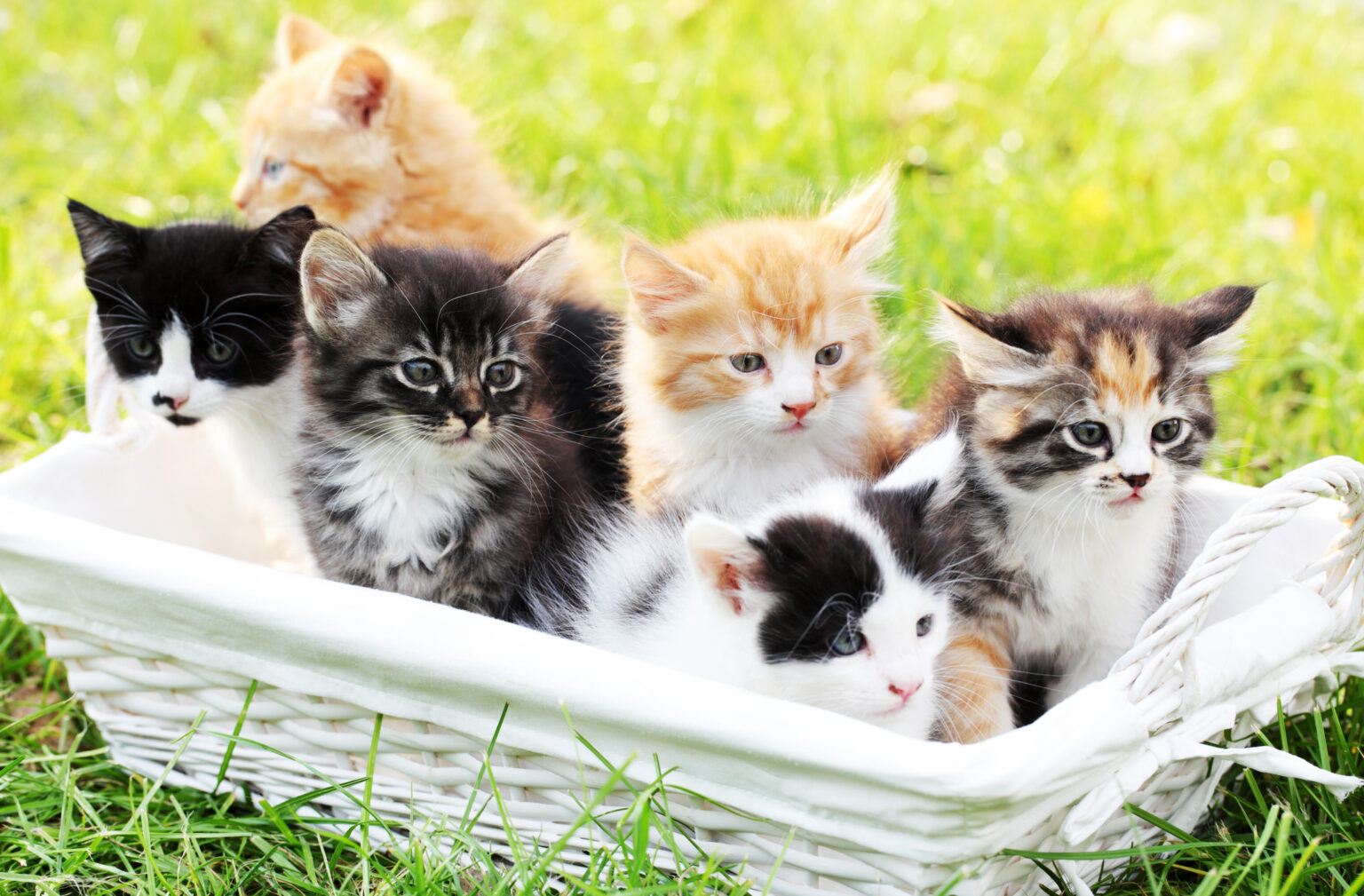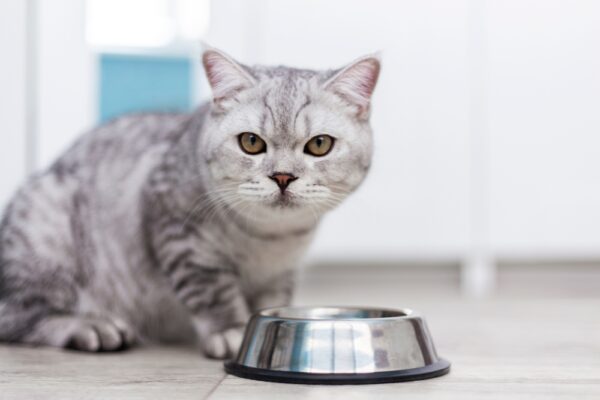They’re certainly heart-warming creatures – but looking after a kitten is a big responsibility. Whilst they might seem more self-sufficient than puppies, there is still a lot you should swat up on (tick off your checklist) before getting a kitten. Enter our resident vet.
Step 1: Kitten injections
Kittens need a course of two vaccinations to protect them from potentially fatal diseases. These kitten injections can be given from 8 weeks of age, and so your kitten may have already had their first jab before you bring them home. These vaccinations cover for:
- Feline Infectious Enteritis (Feline Panleukopenia Virus), which causes severe vomiting and diarrhoea, especially in kittens.
- Feline influenza, a serious form of “Cat Flu” (Feline Herpes Virus and Feline Calicivirus). Symptoms include fever, sneezing, runny eyes, and mouth ulcers.
There is also a vaccination that offers protection from the feline leukaemia virus, which can affect the immune system. To ensure maximum protection, keep your kitten inside and away from other cats until at least a week after finishing their kitten injections. To maintain the level of protection provided by vaccination, adult cats (3–6 years of age) require regular boosters, depending on the vaccine type and risk factors. You should discuss the frequency of boosters with your vet.
Step 2: Protecting kittens from fleas
Our vet is often asked, “Are kittens born with fleas?” and although the answer is no, they can catch fleas from their mother or other cats in the house soon after being born. If you’re introducing a kitten to an older cat, you should be prepared with flea treatment for kittens and older cats. It’s important that you know your kitten’s weight, as most flea treatments are given based on weight.
Step 3: When can kittens go outside?
Your kitten can start going outside a week after their second vaccination. Be sure to supervise your kitten until they are used to your garden, can’t escape it, and can find their way back to the house easily. If you want to prevent neighbourhood cats from coming into your house, microchip cat flaps will come in handy.
Step 4: What to feed kittens
To best aid their growth and digestion, kittens should be fed – you guessed it – kitten food. If you already have an older cat, it’s important that you learn how to feed multiple cats different diets. Adult cats should not eat kitten food. Kittens have small stomachs and have to be fed little and often. Here’s a rough guide on how much to feed a kitten:
- 4–12 weeks of age = 4 meals per day
- 3–6 months of age = 3 meals per day
- Over 6 months old = 2 meals per day
Make sure to feed your kitten the food they have already been eating for a few weeks after you bring them home. A sudden change of diet combined with the stress of adapting to a new home can cause stomach upsets and diarrhoea. If you want to change their diet, do so over a couple of weeks by mixing the new kitten food with their existing diet, starting with very little of the new food and gradually adding more until it completely replaces the old one.
As with all animals, kittens need a bowl full of fresh drinking water available at all times. Amongst the human foods cats can’t eat, milk is a definite no-no, as giving your kitten cow milk can cause diarrhoea.
When does a kitten become a cat and eat adult cat food? Generally, kittens are less than 12 months old and should transition to adult food around 1 year old. Some bigger breeds, like the Maine Coon kittens, are considered adults at 18-24 months old.
Step 5: How to litter train a kitten
Cats are very easy to toilet-train, as they are naturally clean. Kittens usually pick up on how to use litter trays by watching their mothers, but they may also need a helping hand from us. If you want your kitten to go to the toilet outside, gradually move the litter tray towards the door and spread some cat litter onto well-dug soil in the garden. It’s best not to remove the litter tray from indoors until your kitten has started using the garden. If you have a constipated kitten or you’ve found blood in your kitten’s poo, consult with your vet.
Our articles are not a replacement for face-to-face vet advice. It’s important to consult with your vet regularly to raise any pet concerns that you may have.



